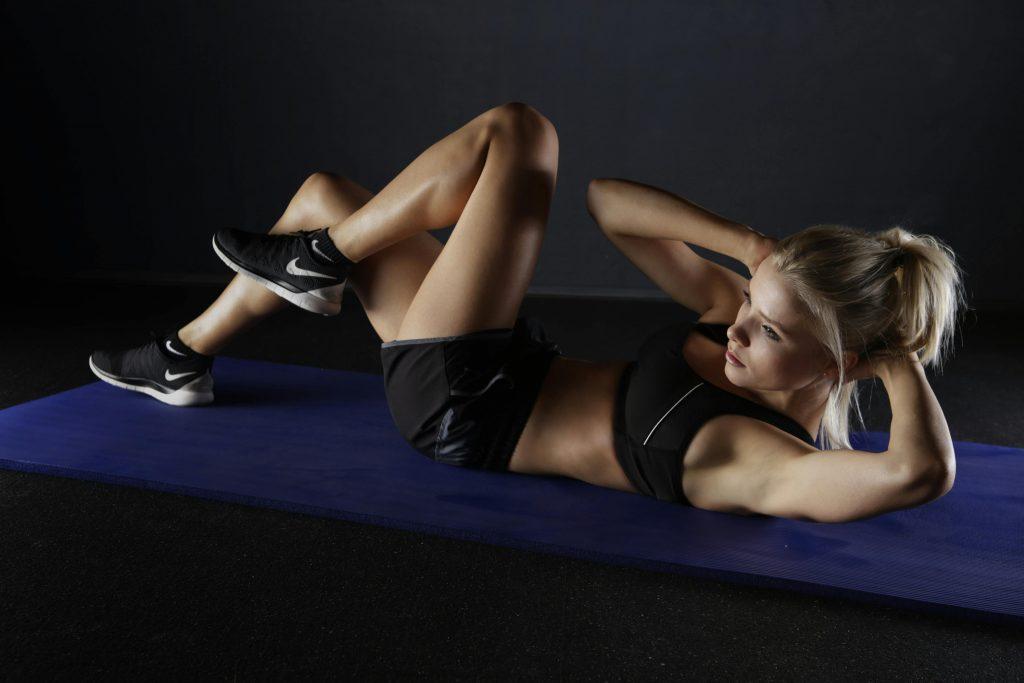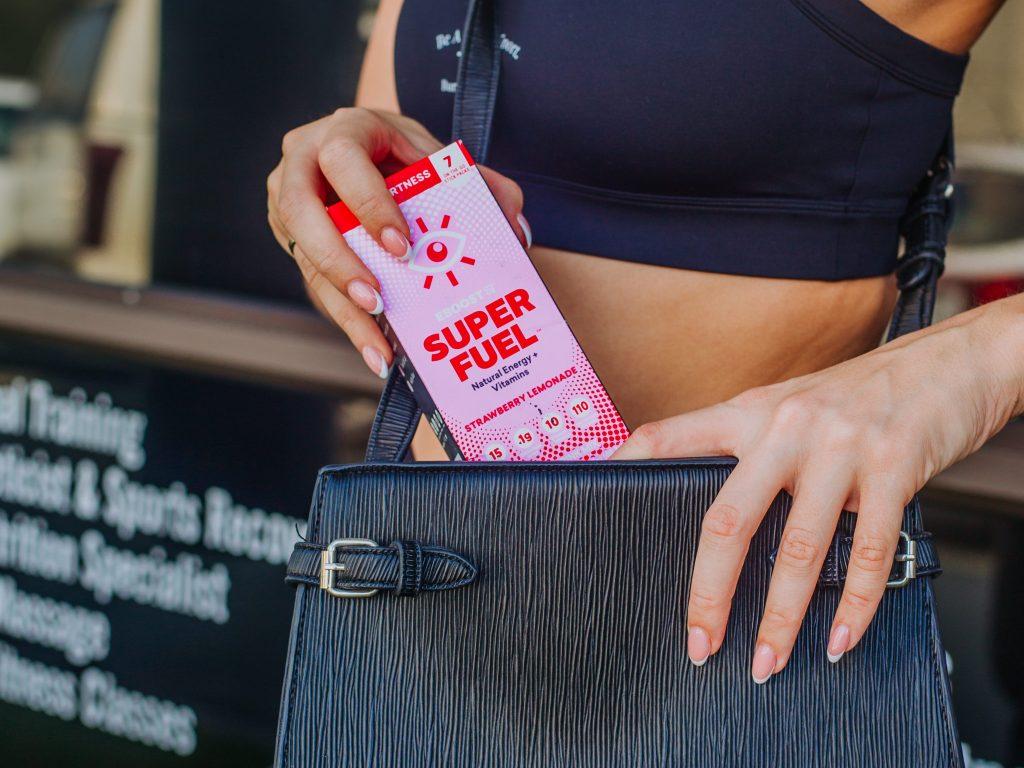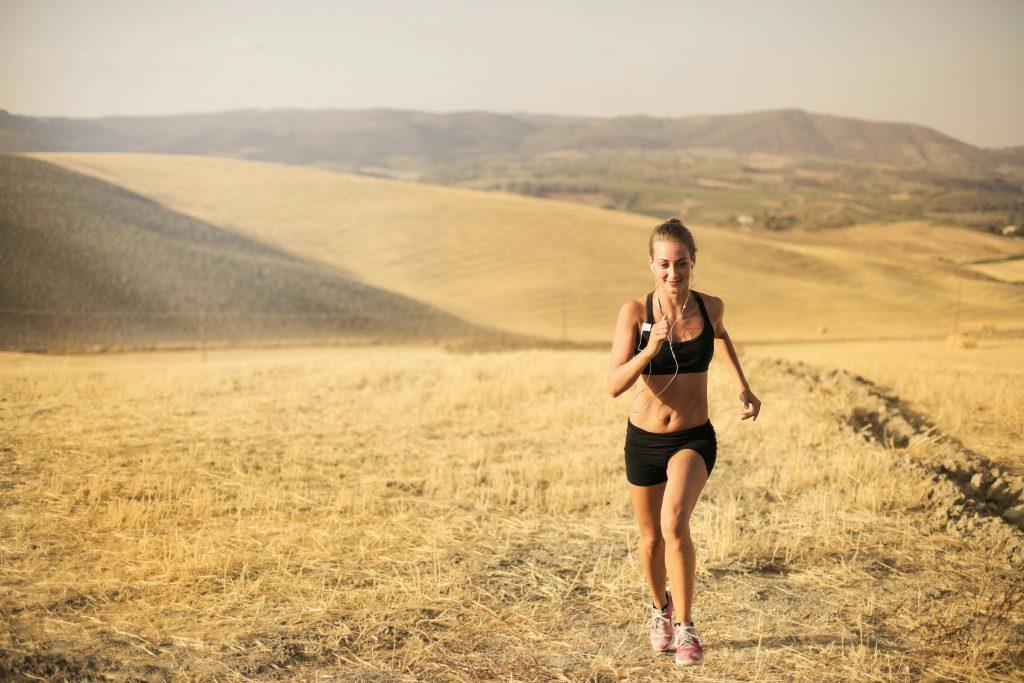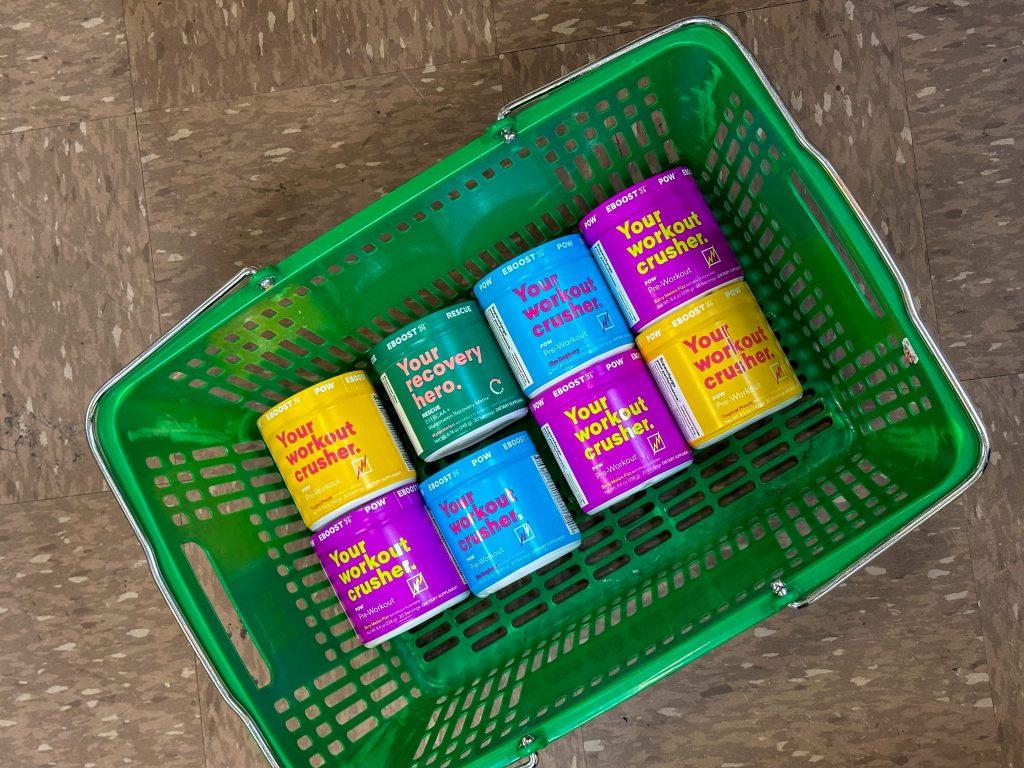Simple answer. Yes. Yes, you should eat before or after a workout, and here is why.
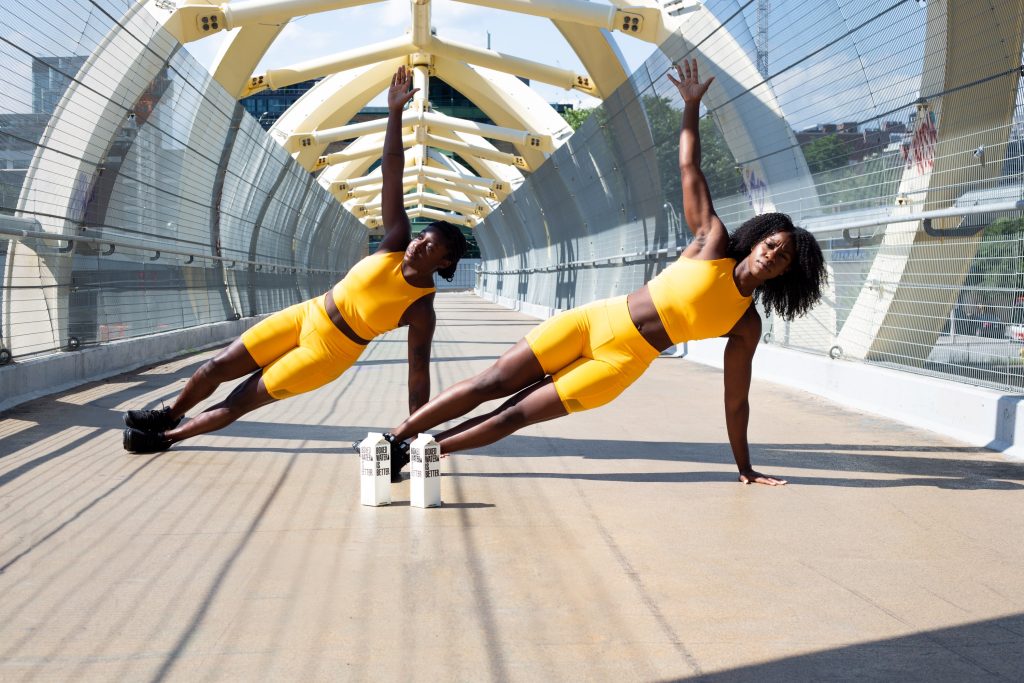
Should you work out on an empty stomach?
This is a very common question for those looking to lose some weight. Working out while fasting can be a good option if losing weight is your goal. This is beneficial if you will be working out first thing in the morning. The theory is that your body feeds on stored fat and carbohydrates for energy instead of the food you’ve recently eaten, leading to higher levels of fat loss. The risk here is that if you don’t eat before working out, you can risk getting lightheaded and feeling lethargic.
One thing that can be helpful when working out on an empty stomach, is getting energy from a pre-workout like our POW. POW contains natural caffeine from unroasted coffee seed, n-acetyl-l-tyrosine (an amino acid), and DMAE (a nutraceutical) provide steady energy and focus without the typical jitters and crash.
How do I figure out if I should eat before a workout (or not)?
On top of your goals, the type of activity you’re doing is important to help determine whether you should eat before your workout. You may not need to fuel up beforehand for light or low-impact exercises, such as walking, golfing, or gentle yoga.
However, you should eat before exercise which requires a lot of strength, energy, and endurance. This includes tennis, running, and swimming. It’s especially important if you plan to work out for longer than an hour. It is important to have fuel in your body if your workout is longer than an hour due to your body’s necessity to maintain the blood glucose levels needed to continue moving.
The bottom line, it is important to seek out the advice of a professional. And if you do work out on an empty stomach at times, don’t sweat it. You are your own best guide, so listen to your body and do what feels best for you. At the very least, make sure you stay properly hydrated.
Should I eat after a workout?
Unlike the decision on if you should eat before a workout, there isn’t much wiggle room here. Skipping post-workout refueling can leave you feeling tired and foggy and can get in the way of recovery. Most dietitians recommend eating something within 30 minutes after a workout. After using its available energy, your body needs to be refueled for energy and repair the microdamage that exercise does to your muscles.
Ignoring essential post-workout steps for recovery, like proper nutrition, can contribute to overuse injuries. Sure, some supplements help with recovery, like. our RESCUE but not eating is simply because you aren’t giving your body the fuel it needs to go about the rest of your day.
Skipping a post-workout meal every once in a while isn’t a huge deal, but it is important to not make it a habit. Setting ourselves up with healthy habits is a great way to prevent burnout and injury. Exercise should be fun and bring you positive health benefits, not end injuries.
When in doubt, hydrate and drink RESCUE!
